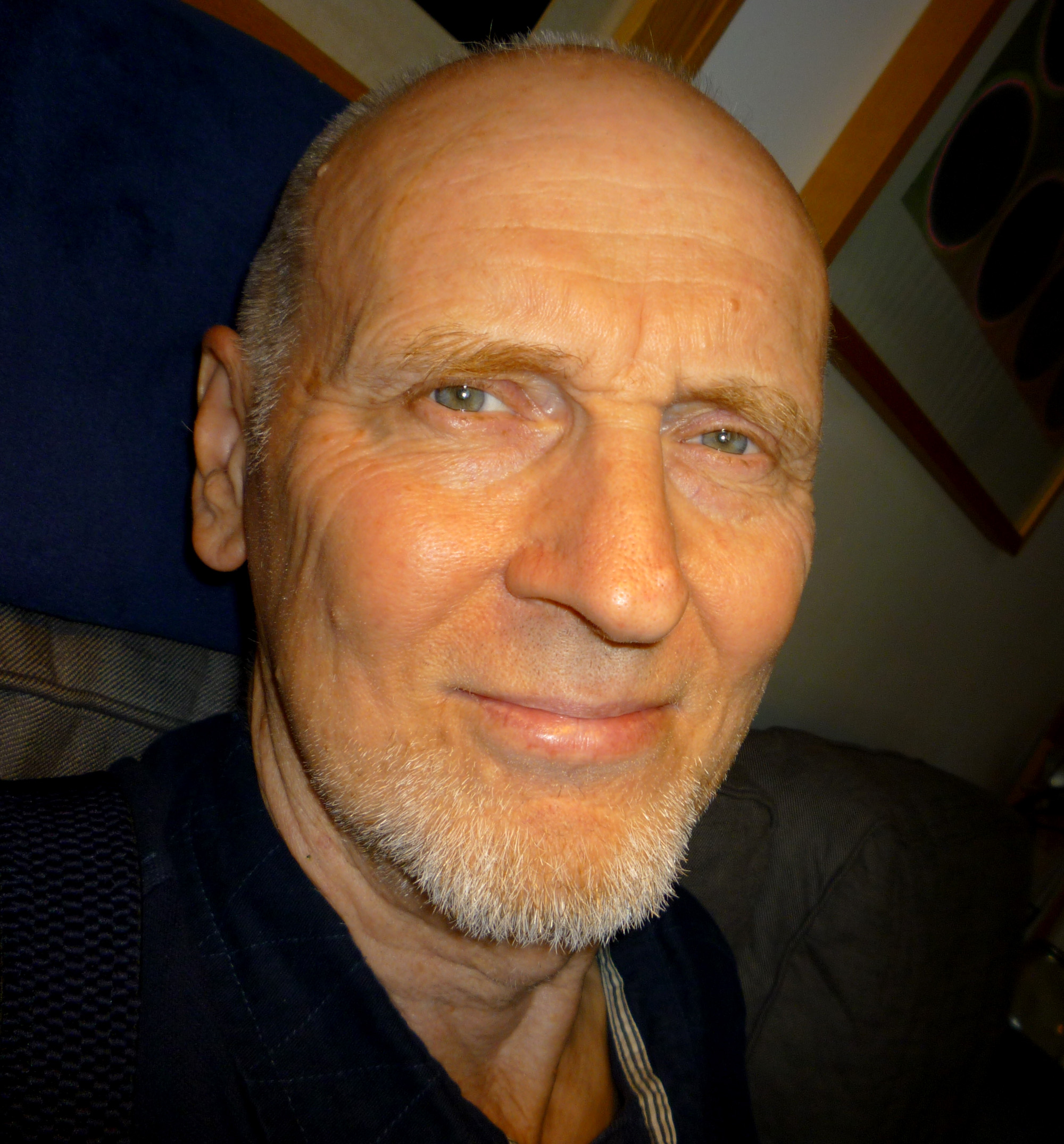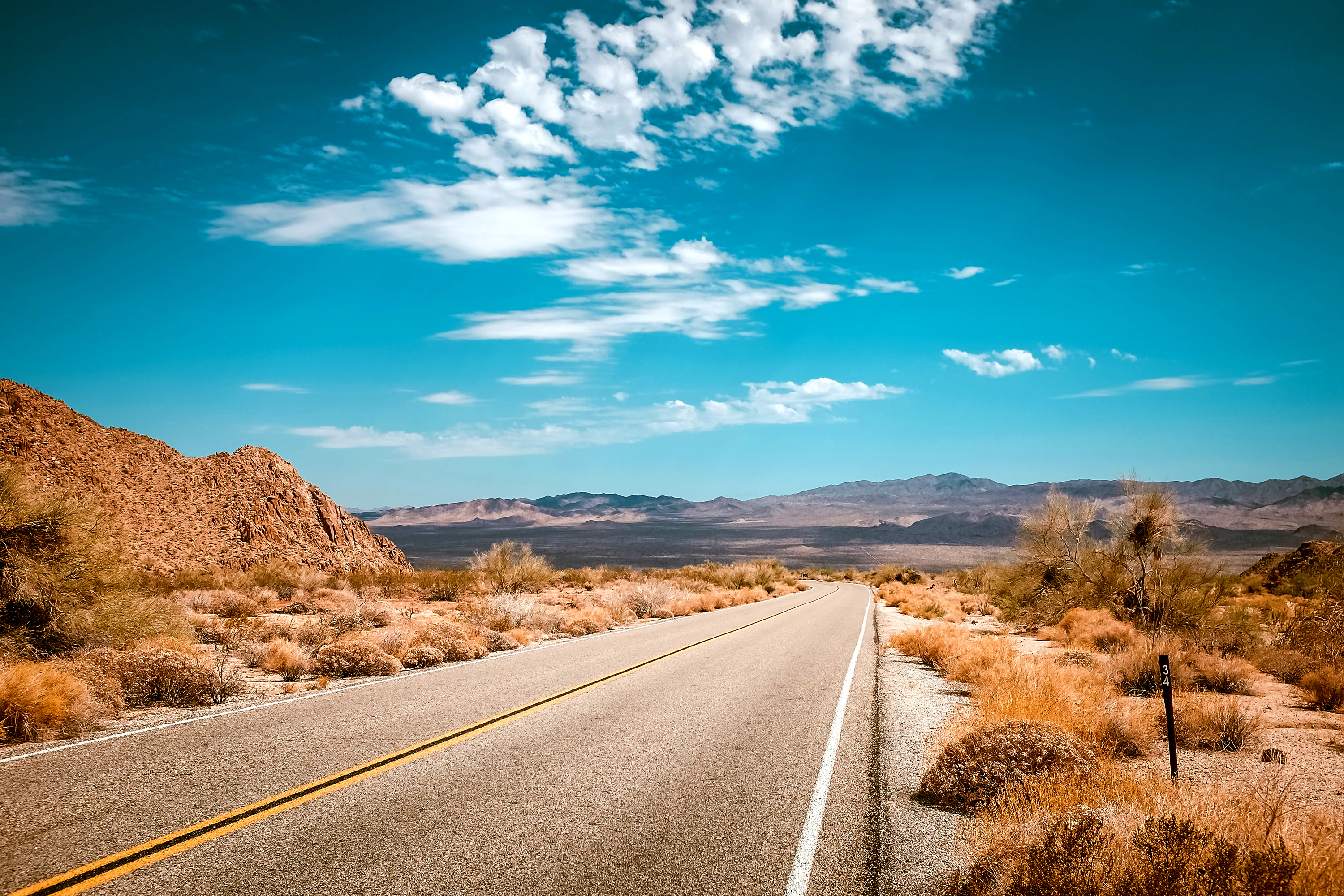“We are waves of the same sea, leaves of the same tree, flowers of the same garden.” Seneca
The unprecedented pausing of life-as-usual worldwide, gives us a reflective breathing space to look back on the life we left behind and visualize the world we want to go back to.
A space to reflect on all the ways we could be doing things differently.
We’ve seen over the past month that fundamental change is possible, as governments worldwide introduce unprecedented lockdown, spending and social distancing measures, and we’ve also learned that huge change can happen quickly.
Many changes we would have considered impossible a month ago have already occurred, and not just in government policy but also in the emergence of local neighborhood support networks and radical improvement in the quality of our air.
We’re seeing how life without car, bus and truck exhausts, cruise ship and air-traffic pollution have radically cleaned the air of the whole planet, and given city dwellers perhaps their first ever experience of pollution-free daytime air, an experience which many will long remember and hope to return to in the near future.
Perhaps more of us will begin to wonder why governments worldwide have downplayed the possibility of introducing rapid changes in fossil-fuel vehicle use, particularly when nudging forward the shift to electric vehicles will encourage the emergence of new industries involved in their manufacture.
We may be caught up in seeing the world through the lens of what we’re used to, our usual and conventional construction of reality, our worldview, but the current global crisis is showing us how fast we can change all this when we need to.
It’s possible that the global crisis lockdown, an enforced separation from what we thought of previously as the everyday world, will encourage us to begin the process of letting go of a conventional worldview that we inherit from the past and haven’t yet updated.
The materialist worldview which dominated 20th century western culture isn’t fit for purpose in the 21st.
This worldview emphasises the separation of human beings from each other and the planet and we now need to frame our view of reality in the context of the urgent global effort required to slow down the increasingly rapid onset of destructive climate change.
We’re not actually separate from each other, we just appear to be.
The reality of living in a separate human body is usually so at the center of our mind that it persuades us that our conscious awareness is also separate.
For nearly a century now, researchers in physics have known that all the ‘material stuff’ in our Universe actually consists of clusters of tiny wave patterns in a field of cosmic energy.
A key shift in our understanding of ourselves emerges from the realization that this cosmic energy field known to physicists may also be a field of consciousness, allowing all of us to experience a single, universal conscious awareness through the meditating structures of our brain.
A few moments focusing our attention in the inner core of ourselves tends to confirm this. A single conscious awareness, a spacious universal consciousness exists inside all of us.
Our brain is tuning in to a universal field of consciousness, rather than generating a separate personal awareness for each one of us.
This insight, supported as it is by the subjective experience of meditation, is a possible basis for a re-working of our understanding of ourselves and the planet.
Rather than seeing ourselves as separated from each other, we can begin to realize our essential interconnection and interdependence.
A post-materialist, 21st century worldview, with a universal consciousness as the primary element in the Universe, present in all space everywhere, casts us all as “ .. waves of the same sea, leaves of the same tree, flowers of the same garden” in the words of Roman philosopher Seneca.
Our view of reality or worldview, shaped as it is by our preconceptions and assumptions, provides a largely unconscious prism through which we see the world.
The separatist and materialist worldview that so characterized the 20th century, has entered deep into mainstream thinking and acts as a sort of foundational myth, a way of structuring and filtering reality.
Materialist, separation thinking has been obscuring the reality that everything and everyone is connected to everything and everyone else, and we’re all meshed into one whole human organism, all of us connected into all life on our planet.
The reason why our worldview matters is that it influences lifestyle choices and voting behavior.
We won’t vote for politicians who offer to rapidly de-carbonize our economies, unless we’ve moved on from our us-and-them separation thinking, and begun to see the whole planet as a small place requiring all of us to act together.
Fundamental change in our materialist worldview of separation from each other and the world isn’t only possible, it’s essential if we’re to really slow down global warming and the rapid rise in global sea levels and emergence of lethal wild-fires associated with temperature rise.
Change is possible, but the most fundamental and difficult change needed is change in our consciousness, change in the way we see the world, each other and our planet.
Knowing the conscious now moment during meditation, and allowing thoughts of the future, the past, our current life situation and even our separation from others to dissolve away, brings us to the realization that we’re a spacious universal consciousness appearing as a separate person.
Perhaps it takes unusual and traumatic events, like the ones we’re currently experiencing, for us to rediscover inside ourselves something intrinsic to our nature as human beings, something primal, deeper and more universal than we were living with previously.
The global crisis is opening a window through which new ideas about ourselves and our world can begin to emerge.
Paul Mulliner 2020
This article was first published here on Medium.com on 7th April 2020


